Global Trade and Customs Journal, Customs Sanctions Harmonization in Europe: Why the Commission Is Taking the Wrong Approach
Monday, July 18, 2016 
Uniform customs administration remains difficult in the European Union (EU). Since 1979, the European Commission (hereinafter ‘Commission’) has been trying to reduce variability and uncertainty. Most recently, the Commission introduced a proposed Directive defining customs infringements and sanctions. Unfortunately, the proposed Directive seeks too much convergence too soon. It would lead to more infringements and sanctions, while imposing unfair or unclear standards and procedures in determining liability, calculating fines, classifying infringements, and sentencing. A recent draft report from the European Parliament addresses only some of these concerns. The Commission would do better to seek gradual ‘approximation’ of customs administration rather than aggressive ‘harmonization.’
- Content Type Journal Article
- Part of Volume 11, Issue 7
- Authors
- Arnoud Willems
- Nikolaos Theodorakis
- Journal Global Trade and Customs Journal
- Online ISSN 1569-755X
- Print ISSN 1569-755X
Global Trade and Customs Journal, Why the European Union Must Dump So-called Non-market Economy Methodologies and Adjustments in Its Anti-dumping Investigations
Monday, July 18, 2016 
There is a growing controversy on the expiry of the provisions on the special treatment of China for anti-dumping purposes in its Protocol of Accession to the World Trade Organization (WTO). Actually, there is no legal basis in the Protocol for the continuing application of such special treatment after 11 December 2016; the so-called ‘non-market economy status’ put forward by its advocates is a myth. The European Union (EU) should remove China from its non-market economy status list and refrain from taking ‘mitigating measures’ aiming at offsetting the effects of any kind of State interference, which is inconsistent with the letter and spirit of the WTO anti-dumping rules.
- Content Type Journal Article
- Part of Volume 11, Issue 7
- Authors
- Stepanie Noel, Attorney-at-law, registered with the Paris & Geneva.
- Journal Global Trade and Customs Journal
- Online ISSN 1569-755X
- Print ISSN 1569-755X
Global Trade and Customs Journal, A Comment on Vermulsts Article on China in Anti-dumping Proceedings after December 2016
Monday, July 18, 2016 
- Content Type Journal Article
- Part of Volume 11, Issue 7
- Authors
- Jorge Miranda, Principal International Trade Advisor, International Trade Group, King & Spalding LLP.
- Journal Global Trade and Customs Journal
- Online ISSN 1569-755X
- Print ISSN 1569-755X
Global Trade and Customs Journal, A Short Guide to Contracting in International Trade
Monday, July 18, 2016 
International Trade Contracts have facilitated global commerce for decades; with the ongoing technological advances in society at large, the need to import and export raw materials and finished products have become centre place to most global economies. Within these contracts, there are highly defined terms that are set to determine liability at every point throughout the transaction. Ensuring that there are set methods of arbitration and jurisdictional cognizance between parties requires that parties enter into contracts that are clear and comprehensive. This article assesses international trade contracts at large in order to make recommendations for best practices for traders wishing to enter into such contracts.
- Content Type Journal Article
- Part of Volume 11, Issue 7
- Authors
- Nashat Mahmoud Abdalla Jaradt, Faculty of Law, Private Law Department, King Faisal University, KSA Formal Bahrain University.
- Journal Global Trade and Customs Journal
- Online ISSN 1569-755X
- Print ISSN 1569-755X
Global Trade and Customs Journal, Perspectives for the World Trade System: From Multilateral Integration to Free Trade Agreements?
Monday, July 18, 2016 
The difficulties encountered in multilateral trade negotiations well illustrate the significant obstacles confronting further development of the World Trade System. At the same time, however, Free Trade Agreements (FTAs) become increasingly important. The successful negotiations of the Comprehensive Economic Trade Agreement and the Trans-Pacific Partnership are recent examples of this trend. Will FTAs come to be viewed in the future as the dominant model for international economic integration? This article focuses on the interaction between the World Trade System and FTAs and identifies the prospects for the multilateral system in a constantly changing economic, political and geopolitical environment.
- Content Type Journal Article
- Part of Volume 11, Issue 7
- Authors
- Frank Altemöller, Professor at Harz University of Applied Studies and Research in Germany.
- Journal Global Trade and Customs Journal
- Online ISSN 1569-755X
- Print ISSN 1569-755X
Global Trade and Customs Journal, Global Trade Governance: WTO Accountability to Local Stakeholders
Monday, July 18, 2016 
The domestic implications of global trade governance are advancing dramatically. This has made stakeholders more watchful of World Trade Organization (WTO) decisions and policies. The need for enhanced accountability has risen to one of the central issues in global trade governance. This article approaches WTO accountability from the perspective of stakeholders at local levels and proposes new accountability mechanisms to address the WTO accountability deficit.
- Content Type Journal Article
- Part of Volume 11, Issue 7
- Authors
- Legesse Tigabu Mengie, LL.B (Haramaya University), LL.M in Comparative Constitutional Law (Central European University).
- Journal Global Trade and Customs Journal
- Online ISSN 1569-755X
- Print ISSN 1569-755X
Global Trade and Customs Journal, Illegal Transnational Trading of Biodiversity and Wildlife Materials from Sri Lanka and the Countermeasures
Monday, July 18, 2016 
Trafficking of biodiversity materials is a major threat to the earth’s ecological balance and Sri Lanka is no exception. This article describes the protocol under the Convention on Biodiversity in the context of illicit trade in biodiversity and wildlife materials trade products across Sri Lanka during the period of 1992–2009. It highlights the methods that can be effective to counter-attack and prevent illegal transnational trading and discusses how the region can approach a coordinated implementation of those key provisions. Details of the current illegal biodiversity during the above period are highlighted and the great effort made by Sri Lankan Customs in protecting the country’s conservation of biodiversity and combatting the weak points of illegal transactions is pointed out clearly with remedies.
- Content Type Journal Article
- Part of Volume 11, Issue 7
- Authors
- Abdul Wahid Mohamed Azam, Department of Customs, Colombo, Sri Lanka.
- Muneeb M. Musthafa, Institute of Biological Science, Faculty of Science, University of Malaya, Kuala Lumpur, Malaysia.
- Faiz MMT Marikar, General Sir John Kotelawala Defense University, Ratmalana, Sri Lanka.
- KMG Gehan Jayasuriya, Postgraduate Institute of Science, University of Peradeniya, Peradeniya, Sri Lanka.
- Journal Global Trade and Customs Journal
- Online ISSN 1569-755X
- Print ISSN 1569-755X
Global Trade and Customs Journal, Litigating Intellectual Property Issues in Investor-State Dispute Settlement: A Jurisdictional Conflict
Monday, July 18, 2016 
This article attempts to show a jurisdictional conflict, while litigating intellectual property in investor-state dispute settlement (ISDS). At the global level, the World Trade Organization (WTO) dispute settlement body has jurisdiction to deal with any matters related to intellectual property. On the contrary, ISDS exclusively settles a dispute arising from an investment. The recent International Investment Agreements reveals that ‘intellectual property’ is part of the definition of investment, giving way for an investor to challenge intellectual property issues in ISDS. This departure of forum shifting from WTO Dispute Settlement Understanding to ISDS can be seen through the lenses of res judicata and doctrine of estoppel. However, the impact of such jurisdictional conflicts awaits future claimants.
- Content Type Journal Article
- Part of Volume 11, Issue 7
- Authors
- Pratyush Nath Upreti, Lawyer at Upreti & Associates, a law firm based in Kathmandu.
- Journal Global Trade and Customs Journal
- Online ISSN 1569-755X
- Print ISSN 1569-755X
Global Trade and Customs Journal, Book Review: Uniformity of Customs Administration in the European Union, Kathrin Limbach. (Oxford and Portland, OR: Hart Publishing. 2015)
Monday, July 18, 2016 
- Content Type Journal Article
- Part of Volume 11, Issue 7
- Authors
- Pablo Muñiz, Partner at Van Bael & Bellis.
- Journal Global Trade and Customs Journal
- Online ISSN 1569-755X
- Print ISSN 1569-755X









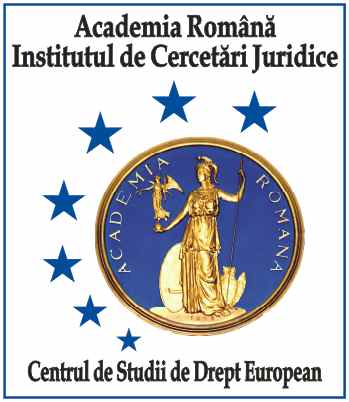
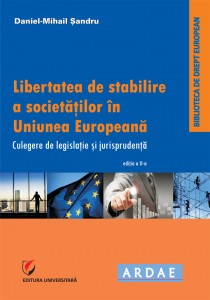
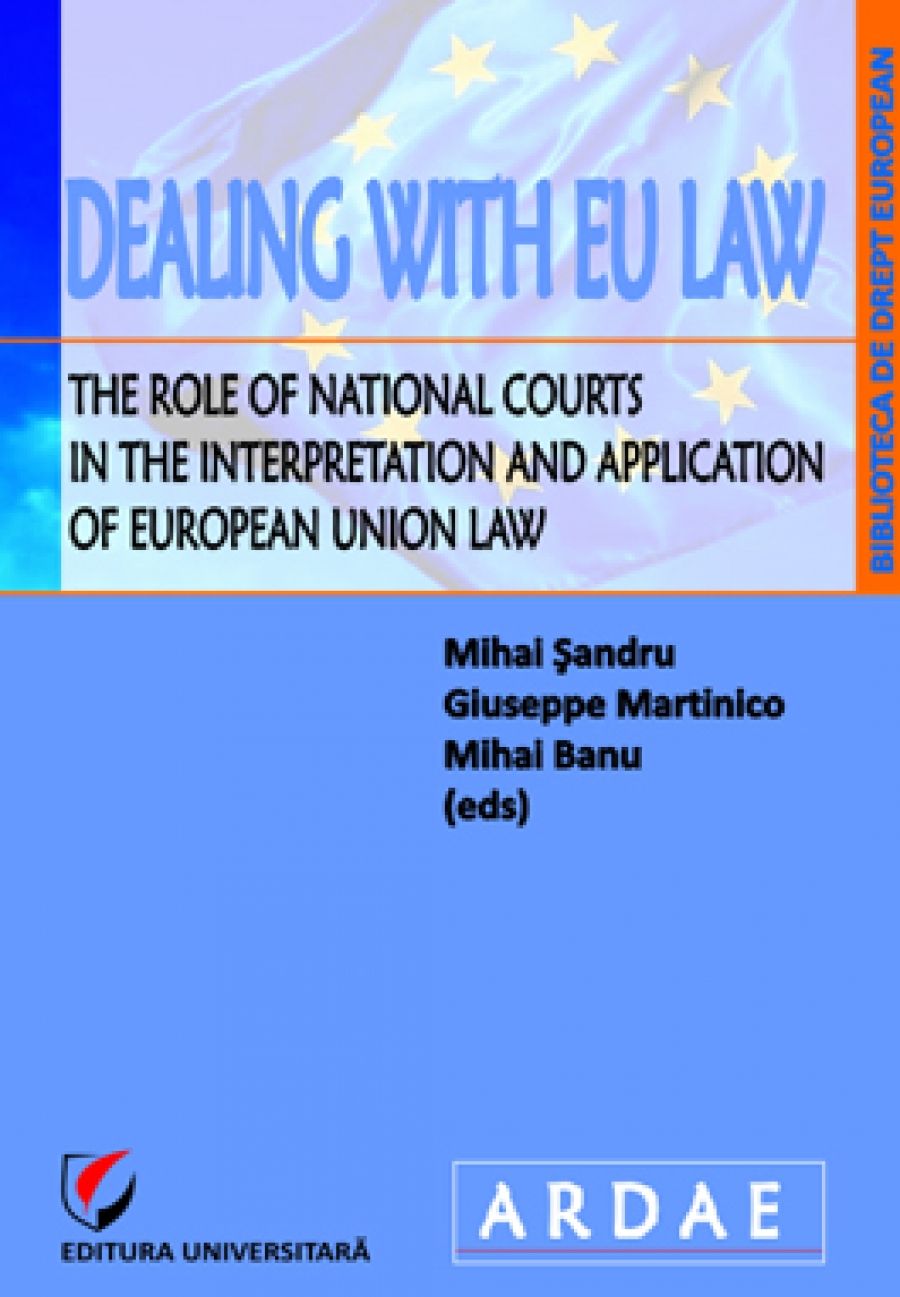


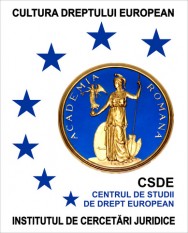


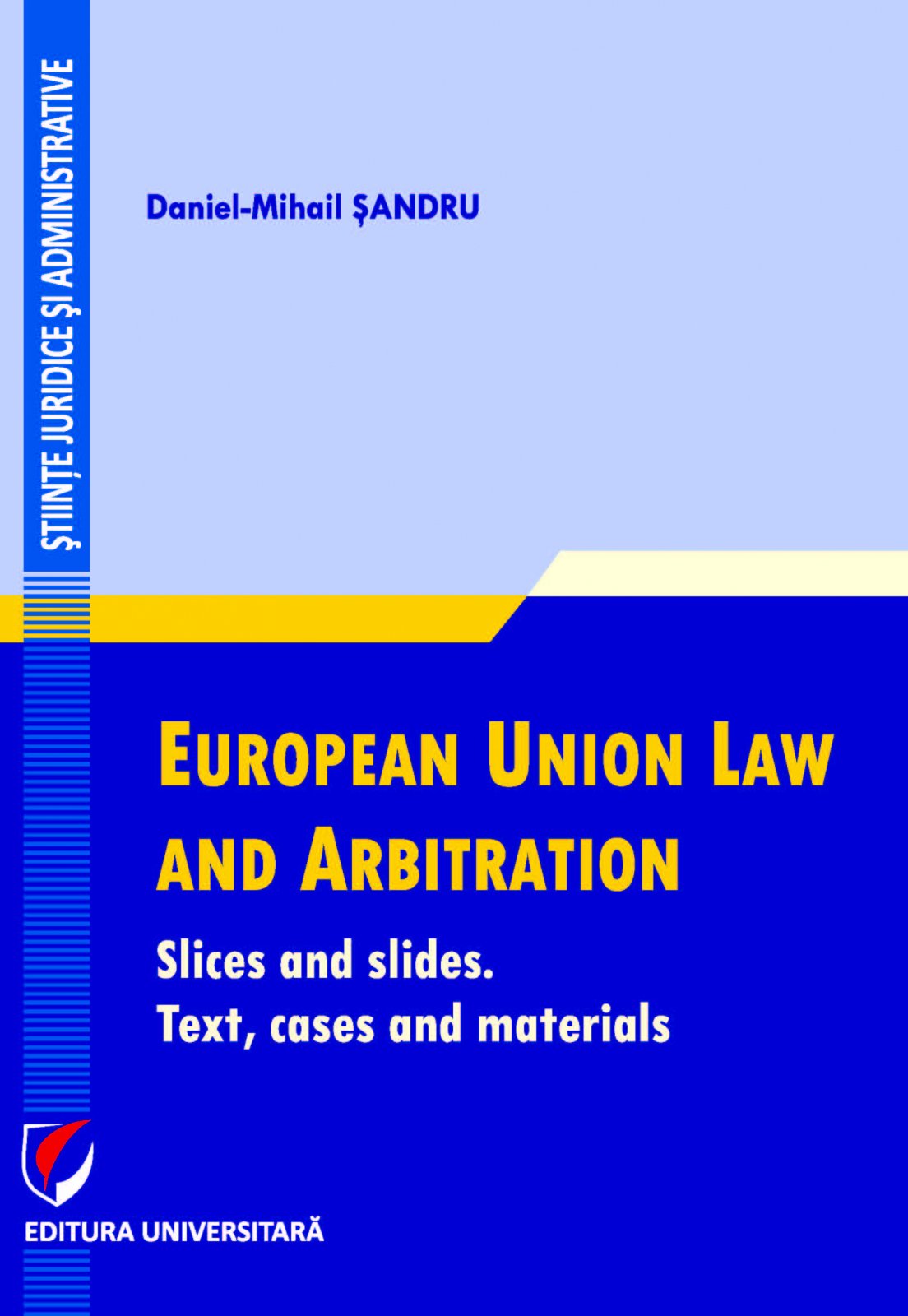


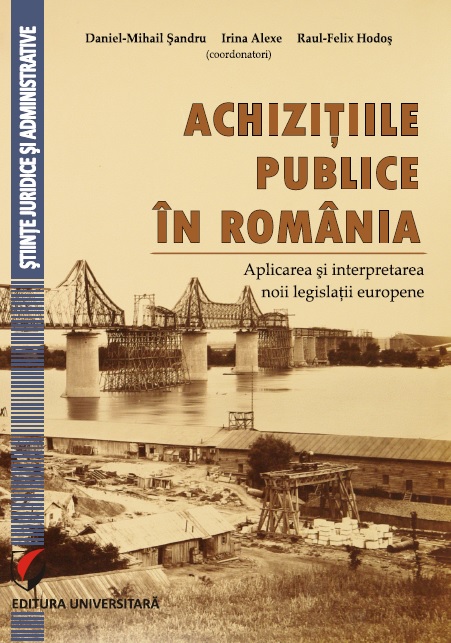
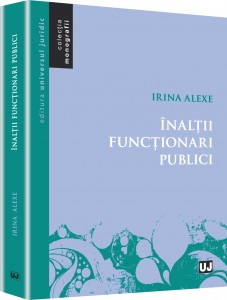







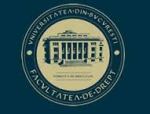


Lasă un comentariu